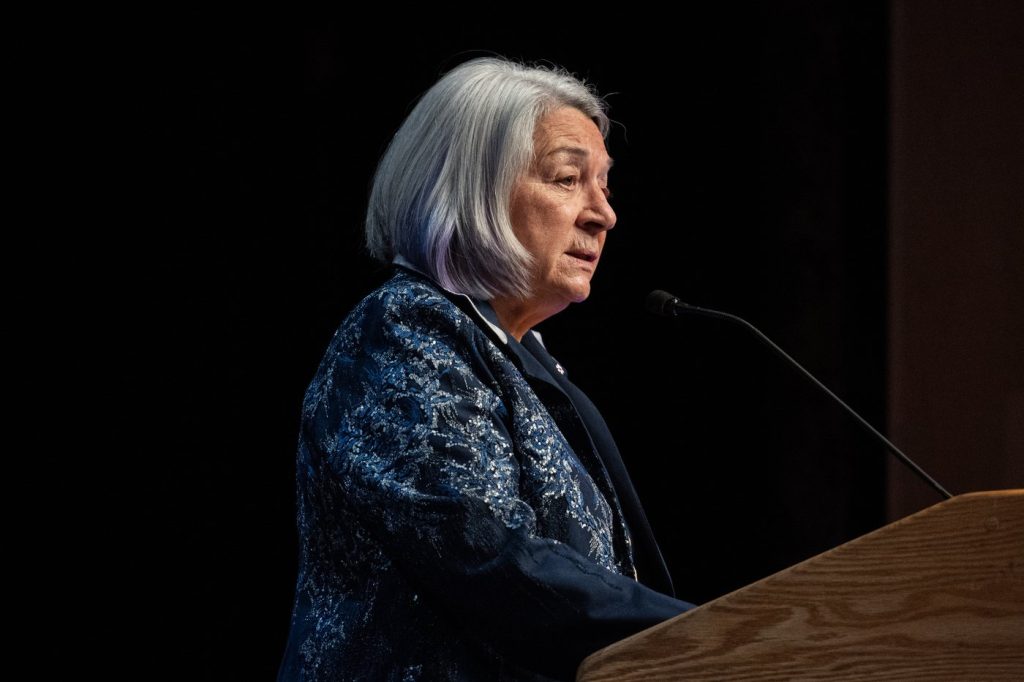Julia arrived in Canada in 2010 under the now-defunct live-in caregiver program, which allowed caregivers to apply for permanent residency after completing two years of work with a single employer. However, fifteen years later, Julia finds herself in a precarious situation, having been out of status for almost a decade. With the promise of permanent residency feeling more elusive than ever, she reflects on the challenges that many caregivers face in pursuit of their dreams.
Despite the clear conditions outlined in her caregiver contract, Julia encountered numerous complex challenges that ultimately led to her application for permanent residency being rejected in 2012. She received no adequate explanation beyond the requirement to categorize her work experience into monthly or hourly segments, leaving her confused and disheartened. Julia has since tirelessly sought ways to regain her status in Canada. She was excited to learn about the recent Home Care Worker Immigration Pilots, which opened on March 31, 2025, reserving spots for undocumented caregivers. However, the program quickly reached its quota, and Julia was unable to secure a spot.
Julia's story emphasizes the struggles many caregivers face, including the inability to escape abusive working conditions. Speaking to the ongoing challenges, Jhoey Dulaca, a former caregiver and current organizer for the Migrant Workers Alliance for Change, illustrated the harsh realities caregivers endure. Dulaca, who arrived in Canada in 2016, faced numerous hardships, including overwork and verbal abuse from her employer. She ultimately left that environment but feared losing her status in the process. According to registered Canadian immigration consultant Jecris Tubigon, many caregivers avoid confronting abuse due to their aspirations for permanent residency, creating a cycle of vulnerability and exploitation.
Many caregivers, like Maila Casido who arrived in 2013, share similar experiences of frustration due to application backlogs. After working for her employer for two years and becoming eligible for permanent residency, Casido's application was caught in a backlog for seven years. Despite reaching out to parliament members for help, her situation felt hopeless until her application was finally approved, enabling her to reunite with her family. The emotional toll of extended separation is evident as Casido described the shocking realization of seeing her children as adults after such a long wait.
Caregiver advocates have expressed concerns over new pilot programs like the Home Care Worker Immigration Pilots, which they describe as problematic and misleading. While the program lowered education and language barriers for applicants, the hard quotas and website navigation challenges compounded existing issues, leaving many caregivers neglected and frustrated. Tubigon criticized the federal government for failing to effectively address the underlying issues that lead to caregivers losing their status, stating that recent policies have worsened the situation rather than providing solutions.
As Canada prepares for a new government, caregivers and their advocates hope for a renewed focus on addressing past broken promises and identifying necessary improvements within immigration programs. For many caregivers, including Julia, the hope for a permanent residency remains fervent as they strive for a voice in a system that often overlooks their plight. Julia dreams of one day being able to call Canada her permanent home, a goal that continues to drive her advocacy efforts.












